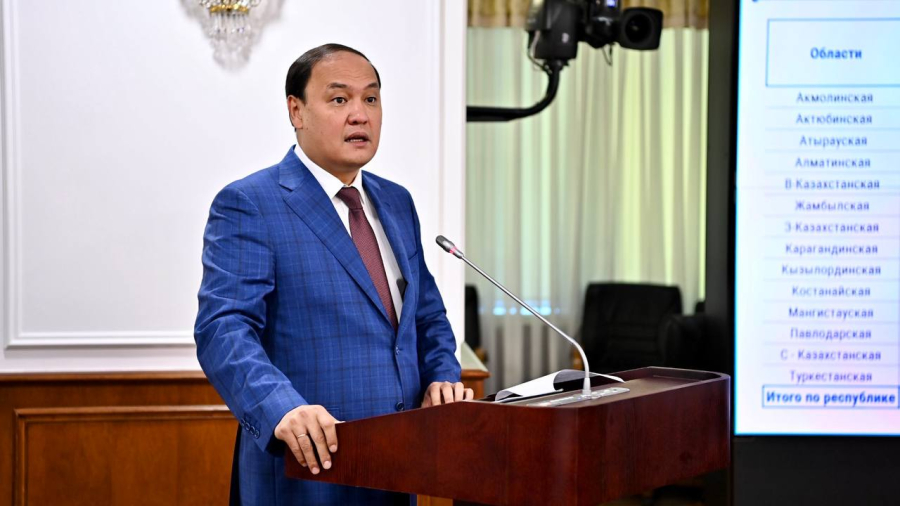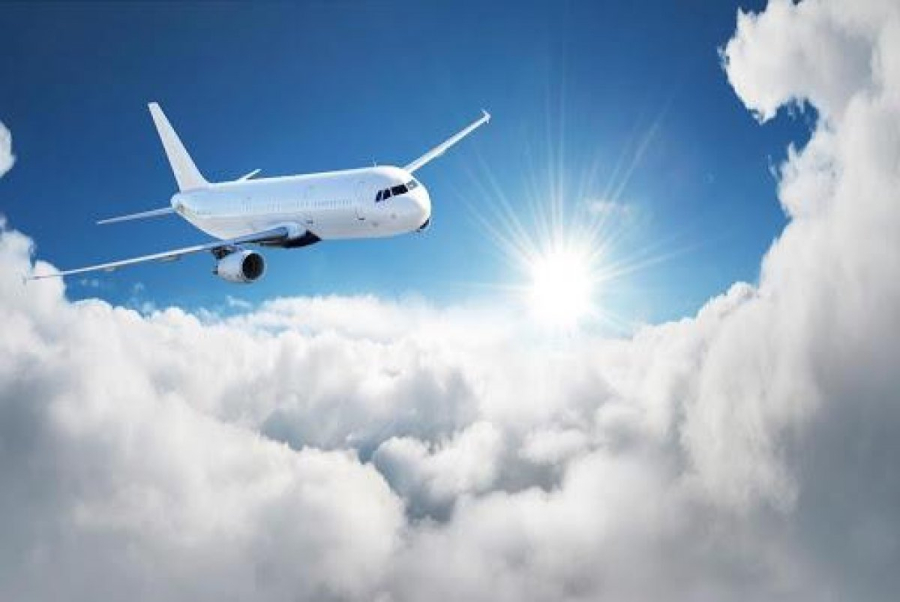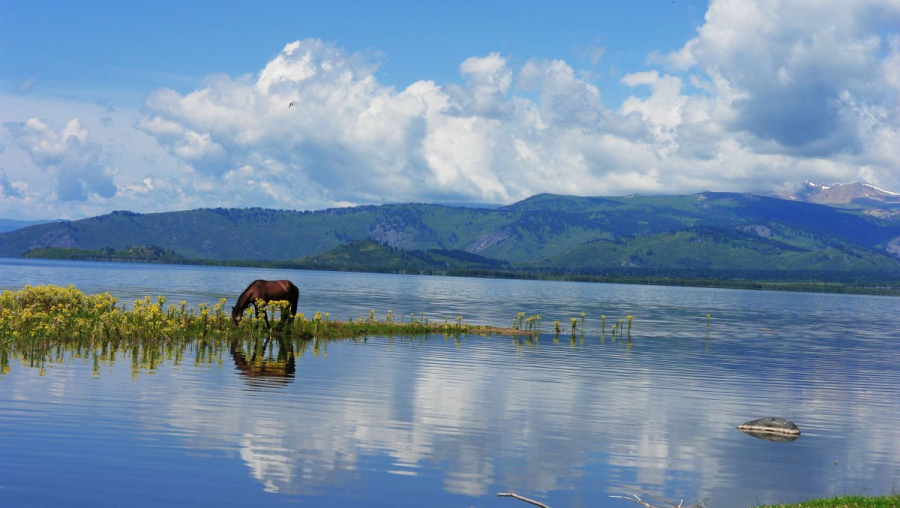
The main goal of the meeting of
the Shanghai Cooperation Organization (SCO) countries in Almaty is to enhance
sports and tourism potential. At Kazakhstan's initiative, a Joint Action Plan
in the field of tourism for 2024-2025 has been developed and adopted,
containing around 20 jointly formed activities. The document encompasses a wide
range of measures aimed at improving infrastructure, stimulating tourist
demand, enhancing visitor services, and promoting tourism routes across the
region. Each country makes its contribution by offering unique tourism
opportunities and resources.
“The International University of
Tourism and Hospitality, located in the spiritual tourism capital of the Turkic
world, in the city of Turkistan, operates under the Kazakh Ministry of Tourism
and Sports. In the upcoming academic year, we are ready to prioritize the
admission of two representatives from each country. I believe that our
initiative will contribute to strengthening international cooperation. Within
the SCO framework, the project Cultural and Tourism Capital of the SCO is being
successfully implemented. Almaty is ready to pass on this status to the next
city. On our part, we support China’s Qingdao as the candidate city to obtain
the status of the SCO Cultural and Tourism Capital,” Kazakh Minister of Tourism
and Sports Yermek Marzhikpayev said.
In his address, Yermek
Marzhikpayev noted that sports is one of the key areas of cooperation within
the SCO.
“At today’s meeting, we have a
unique opportunity to share our experience and vision for the further
development of physical education and sports. Together, we are shaping the
sports agenda not only within the organization but also on a global scale,” Marzhikpayev
added.
Kazakhstan and Uzbekistan
possess rich cultural heritage. Uzbek Minister of Ecology, Environmental
Protection and Climate Change Aziz Abdukhakimov highlighted that joint projects
in tourism foster the exchange of experiences.
“Firstly, I would like to express
gratitude to the Kazakh side for the excellent organization of this event.
During the recent visit of the esteemed President of Kazakhstan Kassym-Jomart
Tokayev to the city of Khiva, we observed the warm interaction between the two
heads of state. Alongside my counterpart, Yermek Marzhikpayev, we received
clear instructions on the actions required in the upcoming years. We were
tasked with establishing a unified tourism cluster for Uzbekistan and
Kazakhstan, marking an initial step, with hopes that other SCO countries will
join us in the future. We have proposed initiatives to establish new transport
and logistics corridors, including the creation of a network of caravanserais
along the Great Silk Road. They could link various tourist destinations.
Uzbekistan has put forward an additional initiative regarding the creation of
new cross-border tourism products. For example, Uzbekistan's cultural and
educational tourism could be effectively combined with the natural resources of
Kazakhstan, the Kyrgyz Republic, and Tajikistan. This includes nomadic tourism
as well as tourism in natural parks. This is truly a global endeavor,” said
Abdukhakimov.
Kazakhstan has established a
visa-free regime with almost all SCO member states. According to statistics,
citizens of the SCO countries account for 62 percent of the flow of foreign
tourists to Kazakhstan. During the meeting, Marzhikpayev held bilateral talks
with the heads of relevant ministries of China, Iran, and Russia. He discussed issues
of cooperation and participation in the 2025 Asian Winter Games with China’s
sports minister Gao Zhidan. Following the SCO meeting in Almaty, a Joint Action
Plan in the field of tourism for 2024-2025 has been signed.
“From September 8 to 13 of this
year, Kazakhstan will host the fifth World Nomad Games. This is a major tourism
event, which will gather over 100,000 tourists in the Kazakh capital. I extend
an invitation to you to visit Astana and experience firsthand the realization
of this unique project,” Marzhikpayev remarked.









